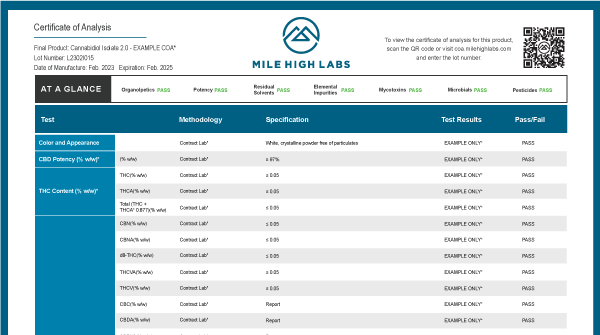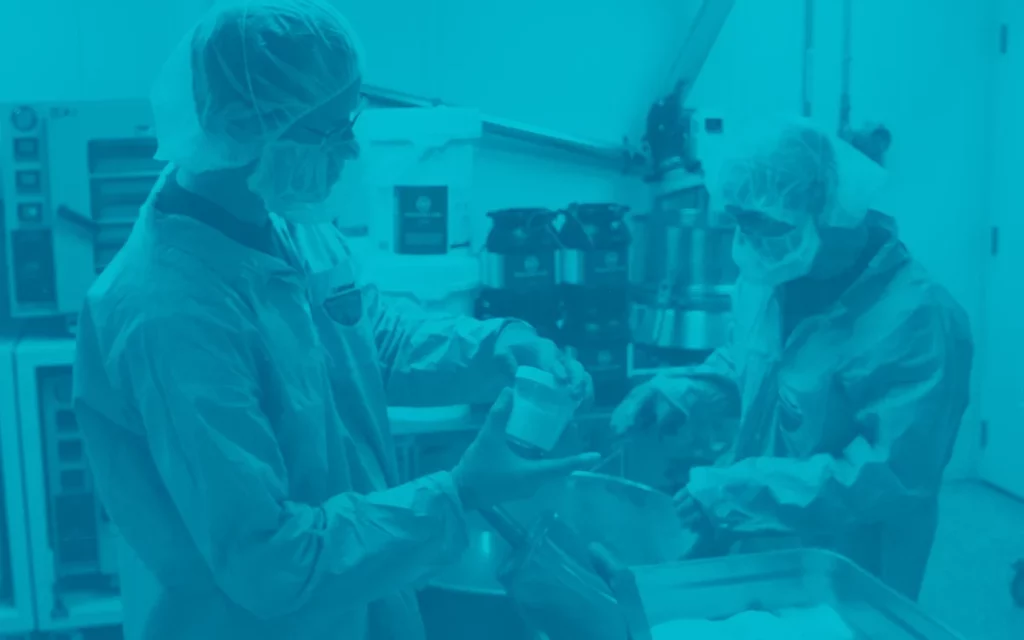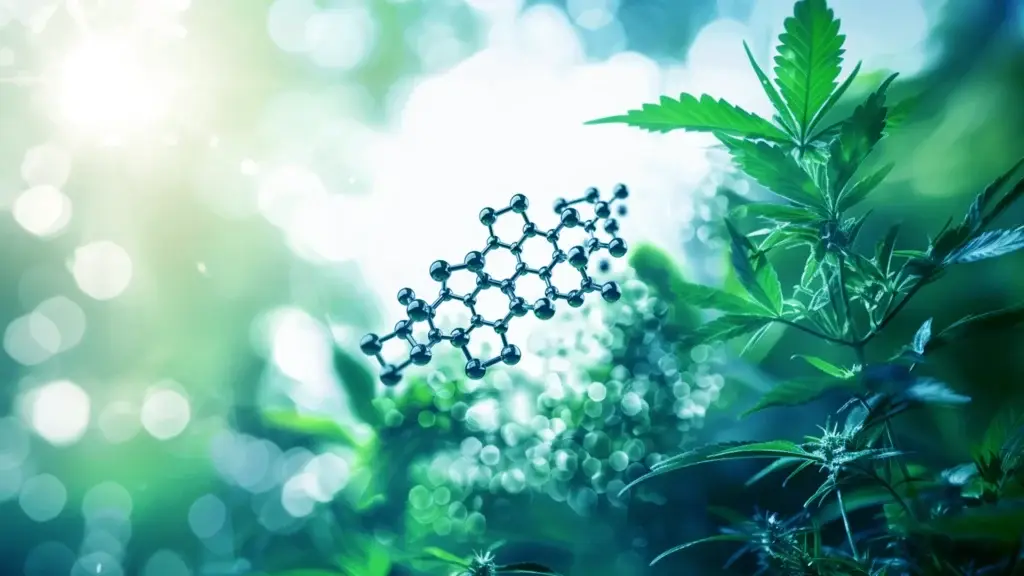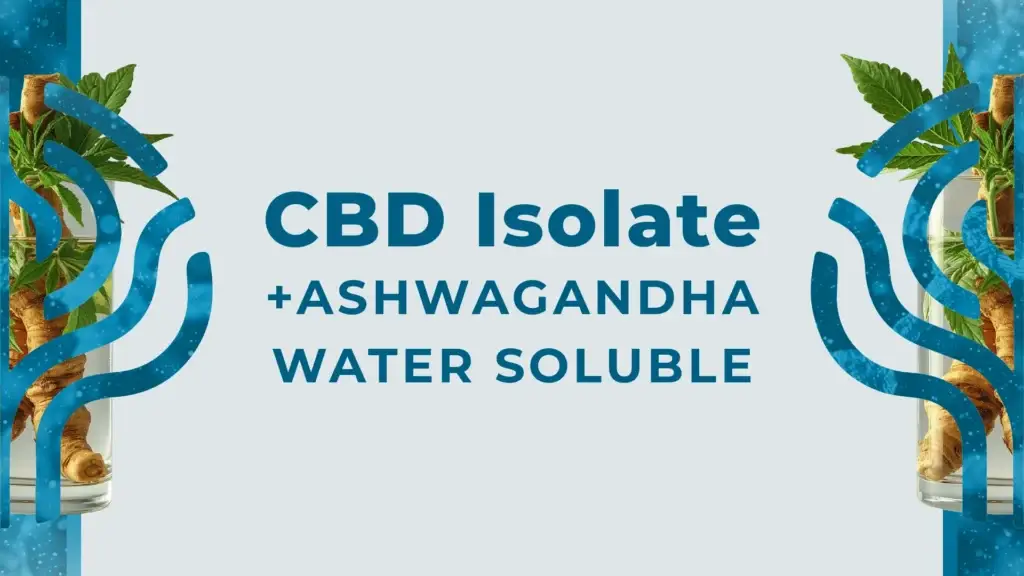A Guide to Quality Assurance
CBD is a highly popular ingredient in the health and wellness industry and finding a reliable supplier is crucial to ensuring you are getting a high-quality product. When looking for a CBD ingredient supplier, it is essential to ask the right questions to ensure you are getting a quality product. In this guide, we will go over three questions to ask your CBD ingredient supplier to ensure quality assurance.
What is the source of your CBD ingredient?
The source of CBD is crucial to ensure a high-quality product. Demand CBD that comes from hemp grown in the USA. Ensure farming practices of your hemp biomass is free of harmful substances and provides high-potency CBD. Through the natural occurrence of concentrating materials in the extracting process, both the good (and in some cases the bad) can lead to higher concentrations of both CBD, as well as some other impurities that you want to avoid ingesting.


How is your CBD extracted?
There are two common extraction techniques that are typically employed and safe: Alcohol extraction or supercritical CO2 extraction. Mile High Labs sources alcohol extracted crude in all of its products. Alcohol extraction uses approved solvents like ethanol, or hexanes to extract the CBD from the plant material. The plant material is soaked in a solvent, which dissolves the cannabinoids and other compounds from the biomass. The resulting solution is then filtered to remove any impurities, leaving behind a pure CBD extract. It is important to use high-quality solvents and to properly purge the extract of any remaining solvents. One of the big benefits of using solvent extraction is that it is a relatively simple and efficient process for extracting high potency CBD crude, making it an extremely strong method for large-scale production. Additionally, solvent extraction can produce a full-spectrum extract that contains CBD, as well as other beneficial compounds like terpenes and flavonoids.
Always look for cGMP processors. Some of the highest standards in the industry are upheld by companies that have their cGMP audits completed by NSF. The NSF mark is your assurance that the product and/or facility has been tested by one of the most respected independent certification organizations in existence today. It is valued by consumers, manufacturers, retailers and regulatory agencies worldwide.
Can you provide third-party accredited lab test results?


Reputable CBD ingredient suppliers will always provide third-party lab test results to confirm the quality and purity of their products. The results of the test are only as good as the lab you select. Unfortunately, due to some less scrupulous players, and lack of sophistication in lab protocols, sensitivity of equipment, as well as people that are less sophisticated, it is possible to find labs that will “Pass” material that is clearly not of high quality.
The Skinny on Limit of Detection (LoD) and Limit of Quantification (LoQ)
LoD – The lowest amount of a target component (analyte) that can be distinguished from the absence of that target component (zero point) with a stated confidence level.
LoQ – The smallest amount of a target component (analyte) in a sample that gives a significant response of the instrument and can be quantified to a reasonable level of accuracy and precision.
Laboratories establish LoDs and LoQs for each assay performed that can reliably measure a target component (analyte) by a validated analytical method. Insist to see the data: Laboratories that tout very low limits of detections should be able to provide data to support them.
Mile High Labs qualifies each 3rd party laboratory partner prior to utilizing their test results in our manufacturing process. We send them comparison samples of known values to ensure their methods are valid. We ensure that LoDs and LoQs are established and reported for each method used. We use laboratories that established their LoDs and LoQ by measured results and not only calculated results. We ensure that our Lab partners have linearity ranges (the range of concentrations where the signals are directly proportional to the concentration of the analyte in the sample) that are not set too high, as to compromise the quantitation of results at higher levels of detection. We question laboratories that have the same LoDs and LoQs for each established method for different analytes.
“Mile High Labs is committed to producing the highest quality CBD ingredients possible to manufacturers in the US and abroad. We accomplish this through our rigorous testing program for all sourced raw materials. We test potency, pesticides, mycotoxins, heavy metals, residual solvents, and microbiological integrity, prior to releasing each batch of our products. We encourage the use of sustainable agricultural practices resulting in a positive environmental and social impact that produces higher quality ingredients.”
Gary Korb, Director of Quality at Mile High Labs
Lab tests provide information about the CBD content, THC levels, and other compounds found in the product. Lab tests also reveal if there are any harmful contaminants in the product, such as pesticides or heavy metals. If a supplier cannot provide lab test results, it is best to look elsewhere for your CBD needs. Once you are selling a finished good, all states will require you to provide evidence of a COA on your finished good. Don’t take the unintended risk of combining your ingredients together with CBD or any cannabinoid that is not passing from an accredited lab. It can result in an extremely costly mistake both in time and dollars.
Mile High Labs is a Colorado state registered facility under CDPHE and GMP certified to NSF/ANSI 173 – 2021, with compliance to FDA 21 CFR 111, 21 CFR 117 and are audited yearly. Mile High Labs utilizes the principles of Hazard Analysis Risk-Based Preventive Controls (HARPC) for our facility, with developed Food Safety Plans specific to our systems and products.
Mile High Labs partners with multiple 3rd party testing laboratories, each of which are nationally and globally recognized for their excellence in quantitative analysis of CBD materials. All our partner laboratories are ISO 17025 certified and use validated methods of analysis and proficiency testing by interlaboratory comparisons, to ensure accuracy in their testing methodology.
In conclusion, by asking these three questions, you can ensure that you are getting a high-quality, pure CBD product that is safe for consumption. To find a reliable CBD ingredient supplier, look for organic hemp sources, CO2 extraction methods, and third-party lab test results. Do not settle for anything less when it comes to your health and wellness. If you are interested in learning more about our CBD ingredients, contact us today.
Want to stay ahead of the latest cannabinoid industry trends? Subscribe to our newsletter and never miss a post!



